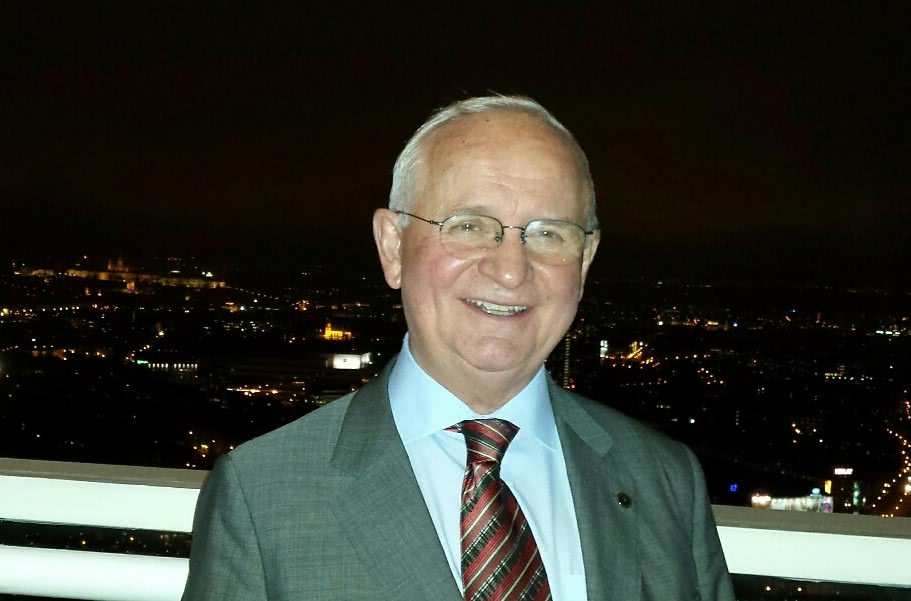Author: Jan Campbell – 24/03/2020
Why We cannot eradicate Poverty
Abstract
This coupling together of science with international peace is, I think, particularly significant. Irving Langmuir (1817 – 1957)
The evident tendency towards a gradual enlargement of the set of dimensions captured by the concepts of poverty clearly indicates that many theories on the causes of poverty, strategies and methods how to eradicate it are more of academic and less practical value, although their political value cannot be ignored. It is widely accepted that poor individuals cannot be studied in isolation from their political – socio – economic system and without a comparison of factors which are subject to changes over time. To these factors belong environment, geopolitics, technological development and last but not least differences of values related to dignity of individuals in a variety of civilisations.
Further to this it has to be considered that among historical economists the paradigm of poverty corresponds most closely to Marx’s view that the development of capitalism would lead inexorably to the concentration of capital, an immense accumulation of wealth on the one hand and an equal accumulation of poverty, misery and unbearable toil at the other end of the social spectrum. In Das Kapital Marx did write, that companies’ pursuit of profits and productivity would naturally lead them to need fewer and fewer workers, creating an ‘industrial reserve army’ of the poor and unemployed: Accumulation of wealth at one pole is, therefore, at the same time accumulation of misery.
This paper discusses in short a few concepts of absolute and relative poverty, the poverty lines and poverty trap. A simple analysis of concepts, references, definitions, the underlying assumptions and theoretical approaches behind them allows to state that there is no one solution how to eradicate poverty as such using them and that theories on poverty in most cases meet the key criteria of a pathological science as defined by the American chemist and physicist and Nobel prize laureate (for chemistry 1932) Irving Langmuir (1881 – 1957).
Unless we remove the limitations of an economic system based purely on profit we cannot eradicate poverty even with scientific means, as we cannot eradicate corruption or impose the western concept of human right round the globalized world. What we can do stands for a very simple but complex task to be resolved: To reduce the poverty to such a scale that we through an ethical management and control keep it at a level allowing to maintain peace, exclude civil war within the society, use the existing quite spontaneous altruistic behaviour by the majority of human being coming from a deep-rooted instinct for solidarity and ensure its development over time, by maintaining the dignity of the individual of the society concerned.
To reduce the poverty to ethically manageable and controllable level may allow the current process of transformation of geopolitics from the British understanding based on theory of sea power to the understanding based on theory of land power (K. E. Haushofer 1869 – 1946). The transformation of geopolitics involves also the inseparable and dialectic based transformation of values according to the principles of the chaos theory. As a result the mathematically proven inter-relatedness of things, the organic nature of relations between different entities and processes would initiate and complete the replacement of the current economic and political system. Should the upcoming system and the human race survive it would need to perceive and treat the Planet as a cosmic ship and the education and scientific knowledge would need to be wholistic. At the production level we would need integrate f.e. the quantisation of production factors, multidimensional accounting, and perceive the human being as a resource and not as human capital, to name a few. This implies that the protection of HR cannot be absolute and that our time is our life and therefore the most expensive present we can offer.
An ethical control the economic – political power exercises over the citizens and not over the territory may allow the appearance of a new moral legitimacy within a supranational, non-confessional and non-party competing structure in which voluntariness springing from the heart of the human being could make it possible to live ethnical groups together peacefully in a really new order of the ages governed by the trinity of law: the law of transformation of quantity into quality, the law of the unity and struggle of opposites and transformation into each other when they are taken to extremes and the law of development through contradictions. A development of a new social order on the fundament of dialectics on which the human race stays and holds in its hands all the necessary technological and scientific means would allow eradicating poverty, conflicts and wars: Novus ordo seclorum.
Key words: Marxist theory, individualistic, structural, cultural – sociological theories, poverty lines, pathological science, neoplatonism, quantisation, human rights, wholistic.
Continue reading, please download the Analytical Dossier AD_5_2020 ISSN 2704-6419

Jan Campbell (1946) – studied construction engineering, architecture and philosophy; post-gradually also biocybernetics, Islamic banking and insurance. Professionally he was active during mid and long term in several countries including Great Britain, Italy, Switzerland, Malaysia, ex-USSR, Kyrgyzstan, Kazakhstan, Russian Federation, Czech Republic and Germany, of which he is a citizen. Professional activities and experiences allowed to accept positions like a Head of EC Co-ordinating for TACIS programme, personal advisor to PM and analyst of political – economic risks including issues of Science diplomacy and work designated for narrow professional and public audiences, including university students. He obtained an honorary professor’s degree at the Ural State Agrarian University. In Slovakia he was awarded the Golden Biatec for 2014 for humanizing society through publishing about the development and solutions of civilizational problems and global priorities.
